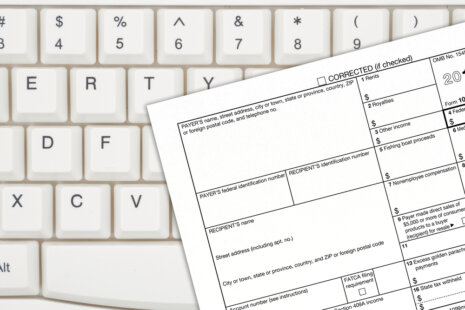The choice between getting paid weekly or biweekly depends on various factors, including personal financial preferences, budgeting needs, and employer policies. Both weekly and biweekly pay frequencies have their advantages and disadvantages, and what’s considered “better” can vary from person to person.
Here are some considerations for each:
Weekly Pay:
Advantages:
- More Frequent Access to Funds: With weekly pay, you receive your paycheck every week, providing regular and consistent access to your income.
- Budgeting Simplicity: Weekly pay can make budgeting simpler for some individuals who prefer to manage their finances in smaller, more frequent increments.
- Cash Flow: Weekly pay can help individuals who rely on immediate cash flow to cover regular expenses, especially if they have irregular income or expenses.
- Debt Management: For those with debts that require regular payments, such as weekly loan installments, weekly pay can align with these obligations.
Disadvantages:
- Smaller Paychecks: Weekly paychecks are typically smaller than biweekly or semimonthly paychecks, as your annual salary is divided into more pay periods.
- More Frequent Budgeting: Weekly pay requires more frequent budgeting and financial management, which can be challenging for some people.
- Administrative Burden: Employers may find weekly payroll processing more administratively burdensome than less frequent schedules.
Biweekly Pay:
Advantages:
- Larger Paychecks: Biweekly paychecks are typically larger than weekly paychecks because your annual salary is divided into fewer pay periods.
- Less Frequent Budgeting: Biweekly pay can be simpler for individuals who prefer to budget less frequently because they receive pay less often.
- Employee and Employer Efficiency: Biweekly payroll processing is often more efficient for both employees and employers, as it requires fewer payroll runs and administrative tasks.
- Aligns With Many Bills: Many regular bills, such as mortgage or rent payments, utilities, and insurance premiums, are due on a monthly basis. Biweekly pay can align well with these monthly obligations.
Disadvantages:
- Less Frequent Access to Funds: Biweekly pay means you receive your income every two weeks, which may require better budgeting and financial planning to manage expenses between paydays.
- Cash Flow: For some, waiting two weeks between paychecks may pose cash flow challenges, especially if there are unexpected or irregular expenses.
- Less Frequent Paychecks: Some individuals may prefer more frequent access to their earnings to better manage their finances.
The “better” pay frequency depends on your financial habits, obligations, and personal preferences. Consider factors such as your monthly expenses, savings goals, budgeting style, and ability to manage cash flow between paydays when determining which pay frequency suits your needs best. If your employer offers options for pay frequency, you may also have the flexibility to choose the one that aligns most comfortably with your financial situation.




